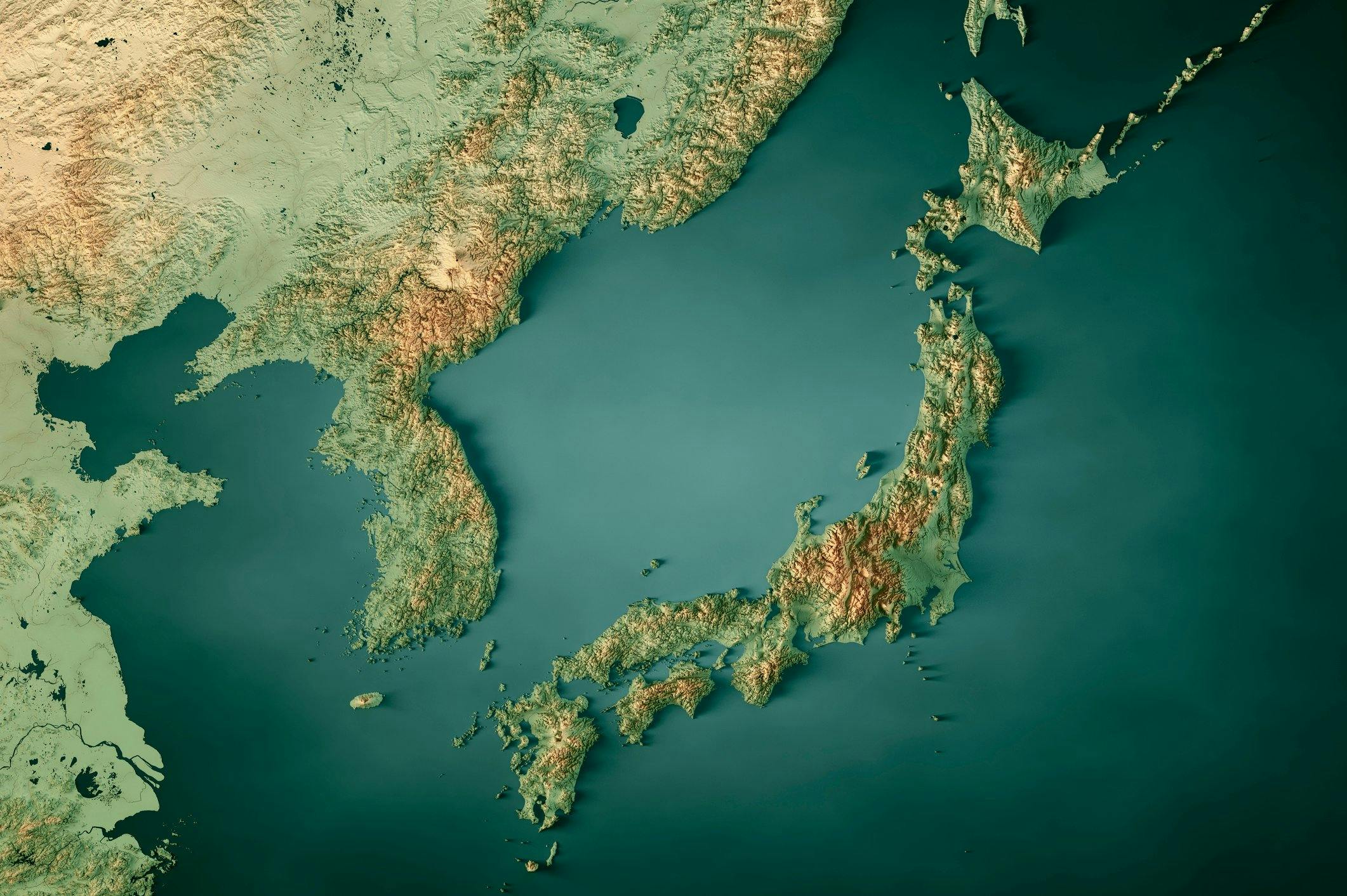On January 1, 2024, a 7.6 magnitude earthquake impacted the Ishikawa Prefecture in Japan. The event centered on the Noto Peninsula, with additional intensities occurring in Shiga Town and neighboring municipalities. A tsunami of up to 1.2 m also occurred.
Assessment of the scope of damage caused by the earthquakes and tsunami is still underway, but several manufacturers have reportedly been affected. Fusion Worldwide’s market analysts have gathered information regarding the operations in the region and the potential effects this weather event may have on the supply chain.
As the damages are still under review for long-term impact, the components that may see immediate disruption include Power ICs, Chokes, and Inductors. Even with minimal damage to facilities, manufacturers are wary of transportation routes no longer fully functioning, which could cause delivery delays.
The information below will be updated as soon as details are available. See the latest updates in bold:
| Manufacturer | Status |
| Hitachi |
Hitachi's affected factories reportedly manufacture mainly automotive and specific parts. The impact on general products is minimal. |
| KOA Speer |
Market intelligence reports have confirmed that production of the SL1 series of resistors has been affected. KOA’s factories are located slightly outside of the impacted area, so speculation is that the impact may be minimal for operations. However, delivery delays will still be an issue as the transportation routes in the area may be shut down for some time, pending repairs. KOA, a chip resistor manufacturer, is still verifying the overall effect of the earthquake. The company has two plants located in the area and has been marked as at risk for a high potential impact. |
| Murata |
Murata is in the process of relocating production to other facilities following the earthquake in Japan. While the company previously announced that manufacturing would recover quickly, it appears the timeline for recovery could stretch into May 2024. Distributors have stated that the earthquake's impact will likely increase lead times. However, the company is still assessing the full extent of the damages. Reports indicate that the following series have been impacted:
Pricing for these series is consequently on the rise. Until production can fully resume for all lines, Murata requests that customers utilize other comparable components. Murata Manufacturing Co., Ltd. announced on the 10th that its plant in Komatsu City, Ishikawa Prefecture, which had been checking the status of infrastructure and facilities due to the impact of the Noto Peninsula earthquake, resumed production on the 9th. The four plants in Himi City, Toyama Prefecture, Hakui City, Nanao City, and Anamizu Town in Ishikawa Prefecture have yet to restart operations. Updates on the aftermath can be found here. Murata has thirteen factories in the Hokuriku region, with two out of the thirteen located in the earthquake’s epicenter. These two plants are mainly responsible for PCB assembly in smartphones. In addition, Anamizu Murata Manufacturing Co., Ltd., a chip inductor and common mode choke coil producer, and Wakura Murata Manufacturing Co., Ltd., which is engaged in module products, may have been affected. Fukui Prefecture, a neighboring prefecture to the south of Ishikawa and the location of a Murata MLCC and silicon wafer factory for Shin-Etsu Chemical, has yet to report any significant damage. However, Murata is still looking into the quake’s impact on all its facilities and will send updates to customers. |
| Sanken Electric |
Customers are considering alternative MPNs as Sanken production may be dealing with the impact of the Ishikawa earthquake for some time. Sanken manufactures transistors and diodes. ICs are not made at the factory damaged by the earthquake, but the company is still confirming the continuity of supply with the partners to whom they outsource production.
Sanken Electric, a power module and component manufacturer, has severely damaged infrastructure. Sanken has three production facilities located near the epicenter, and the latest reports state that Sanken’s Shika plant is currently without electricity. The full extent of the impact on product shipments is still being examined and confirmed. |
| Toshiba Electronics |
Toshiba released a final update on the impact of the Earthquake in Japan. Production is gradually reinstituting on the site’s main lines and the company aims to resume the same level of production by early February. Read more here. Toshiba's efforts to recover from the Japan earthquake effectively limited the extent of the damage. Per Toshiba's president, the company planned to resume production on some lines by January 10th. Toshiba parts are expected to be delayed by 15 weeks. However, the TLP series is one area of concern for customers, as the earthquake has reportedly affected it. Toshiba Corporation announced on Jan 9 that it has partially resumed production at its semiconductor plant in Nomi City, Ishikawa Prefecture. The quartz glass used in the production process was damaged in the Noto Peninsula earthquake on the 1st, and operations are consequently not expected to fully resume until the materials can be replaced or repaired. Customers have been told to expect a 1 – 4 month delivery delay from affected plants. A base responsible for manufacturing power semiconductors has temporarily stopped production and has not yet announced a resumption date. The company's buildings and equipment have suffered partial damage, and there have been disruptions in water and electricity supplies. Toshiba also has electronic component factories in the Toyama Prefecture in the Hokuriku region, but damages have not been officially announced. Read Toshiba’s press release on the company’s response here. |
| Tower Semiconductor | Tower Semiconductor, a semiconductor foundry, reported that the earthquakes did not majorly impact the company's two plants in the area. There was minimal damage to the manufacturing plants in Uozu City and Tonami City and no significant impact on operations. |
| Taiwan Semiconductor Manufacturing Company Limited | TSMC's Kumamoto, Kyushu factory is on impact level 1-2 . Damage is reportedly lesser, but still resulted in disruptions. |
| UMC United Semiconductor Japan (USJC) |
Reportedly, the most affected semiconductor company, UMC, is on impact level 4 and has significantly decreased production. This may cause supply constraint issues for logic ICs and power discrete components. |
This earthquake is not the first to impact manufacturers with operations in Japan. Historically, this level of disruption affected lead times, pricing, and logistics costs over time. Fusion Worldwide’s analysts will continue to monitor the situation and impact to the electronic component space.

